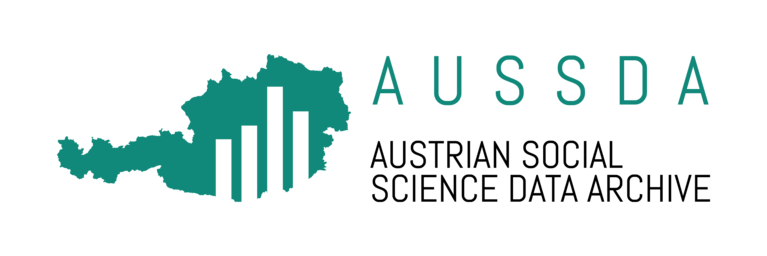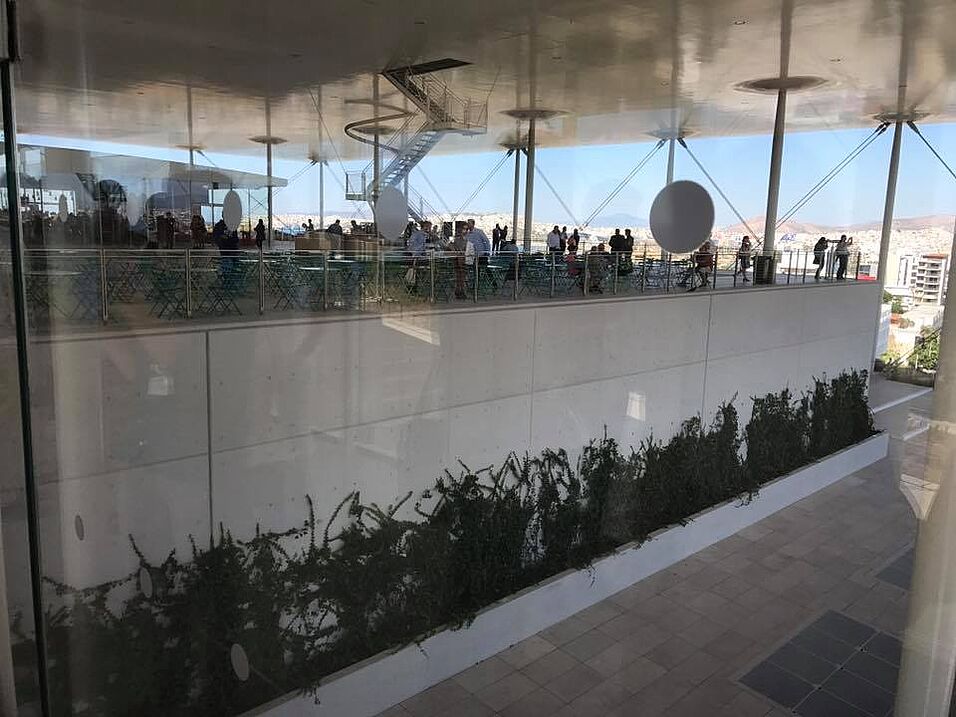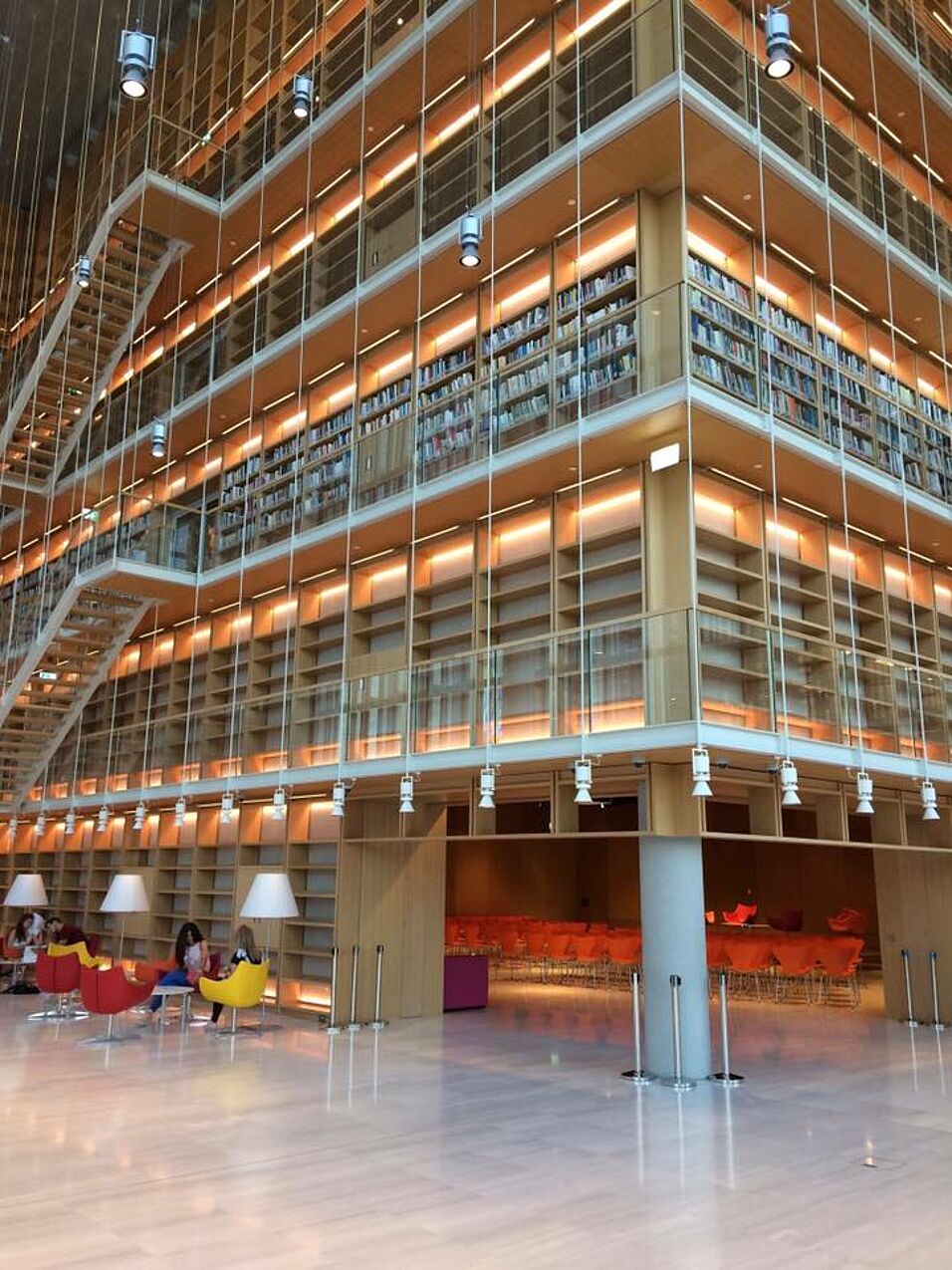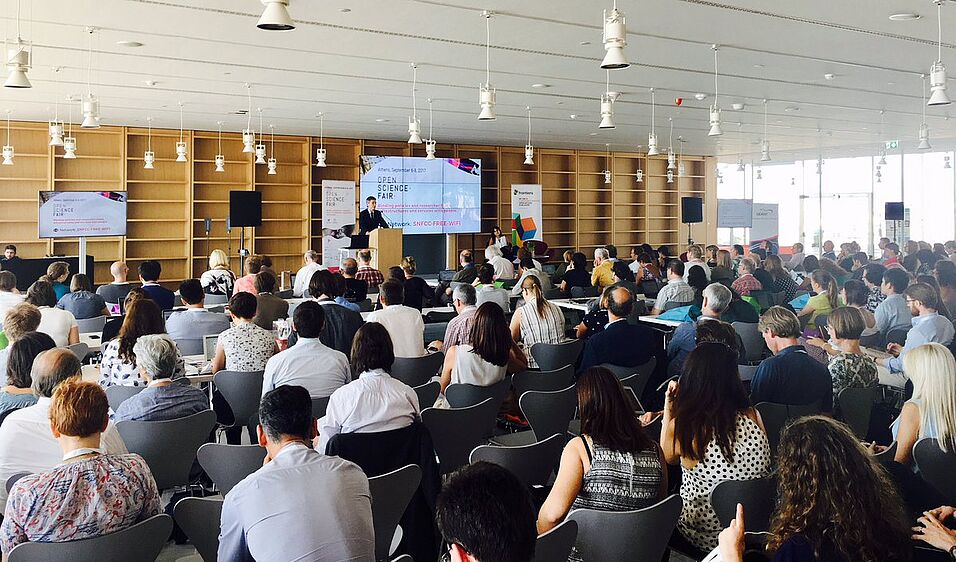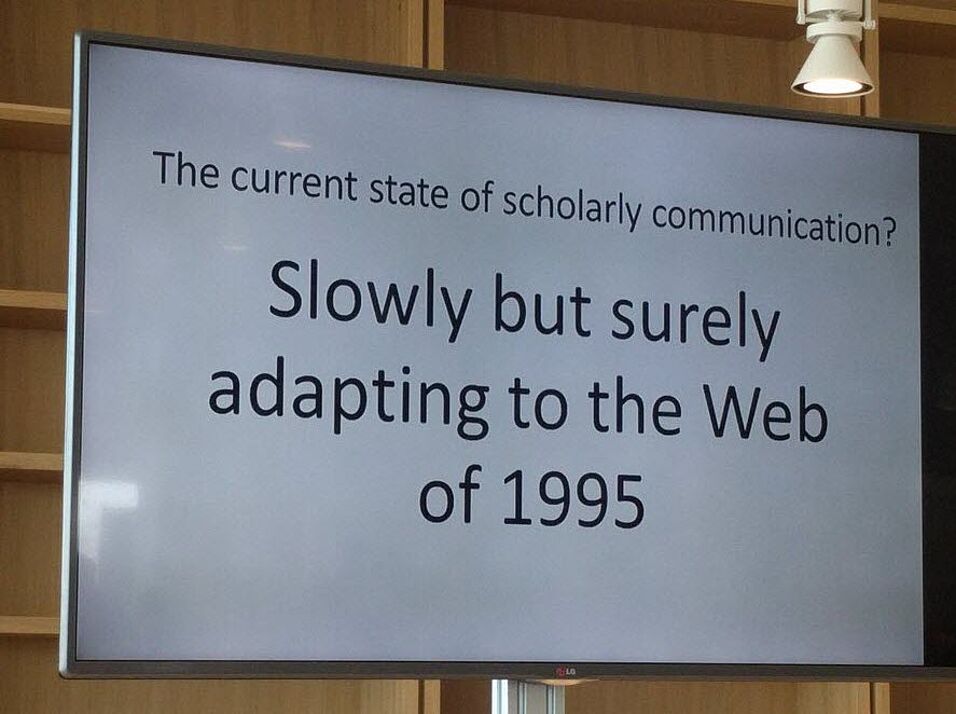Open Science – a principle strongly supported by AUSSDA - is a new research paradigm facing many challenges, such as the ingrained research habits accompanied by non-incentive institutional and funder reward systems and the lack of embedded tools and services. Various speakers at the conference pointed out that research and publication processes will have to be reevaluated to fully accomodate the Open Science-idea.
The conference also aimed at spreading a deeper understanding of the EU Open Science policies and their application by related stakeholders. Thus, many sessions and discourses were held in the context of the soon to be implemented European Open Science Cloud (EOSC).
Binding policies and researcher flows, infrastructures and services with people
This motto was well reflected by the conference layout which included keynotes, roundtable discussions, hands-on workshops and training sessions. It brought together different stakeholder perspectives and suggested roadmaps towards implementation on targeted aspects of Open Science. The attendees reflected the diversity of the topic. There were representatives of funders and policy makers, publishers and content providers, research infrastructures and communities, researchers, and libraries.
Open Science advocates
No data culture will be changed without understanding „the bigger picture“ and without spreading the advantages stemming from a positive attitude towards openness. Open Science needs high quality data management where researchers can create, use and share data according to well defined standards and practices. This is one of the pillars of Open Science. There are already quite a few organisations that aim at achieving this, however, collaboration is called for where all can play a suitable role and present this in a consistent way to the researcher.
Data management at AUSSDA
We offer training on data management plans and project-oriented consultations to help you prepare your research data for archiving and reuse in the best possible way. Directly contact our specialists to find out more!
